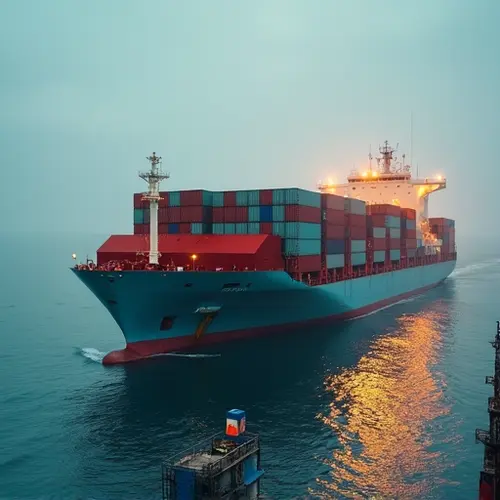
The Zero Waste Revolution
Cities worldwide are accelerating the transition to circular economies through innovative zero waste policies. Unlike traditional "cradle-to-grave" models, circular systems keep materials in continuous use through redesign, reuse, and recycling. This shift addresses the projected 2.2 billion tons of urban waste by 2025 while creating economic opportunities.
Policy Innovations Driving Change
Urban sustainability policies now focus on systemic solutions. The Environmental Policy Innovation Center (EPIC) helps municipalities implement outcome-based programs like their Chesapeake Bay initiative, creating $100+ million markets for water quality improvements across four states. Meanwhile, the Urban Sustainability Directors Network (USDN) develops Building Performance Standards frameworks that combine climate goals with equity considerations.
Circular Economy in Action
Leading cities demonstrate practical implementation:
- Amsterdam's "Doughnut Economy" model balances social needs with planetary boundaries
- San Francisco achieves 80% landfill diversion through mandatory composting
- Tokyo's resource recovery facilities process waste into construction materials
The Zero Waste International Alliance emphasizes designing waste out of systems entirely. As EPIC notes: "When the planet's on fire, rapid innovation beats slow and steady."
Overcoming Implementation Challenges
Transition barriers include infrastructure costs and policy fragmentation. Successful cities combine:
- Extended Producer Responsibility laws
- Pay-as-you-throw waste pricing
- Public-private material recovery partnerships
USDN's equitable energy transformation guide helps ensure low-income communities benefit from sustainability initiatives. Their research shows inclusive policy design prevents unintended consequences like rent hikes.
The Road Ahead
With global plastic recycling at just 9%, the potential is enormous. Cities adopting circular principles could reduce CO2 emissions by up to 39% according to circular economy studies. As policies mature, we're shifting from waste management to resource intelligence.

 Nederlands
Nederlands English
English Français
Français Deutsch
Deutsch Español
Español Português
Português








